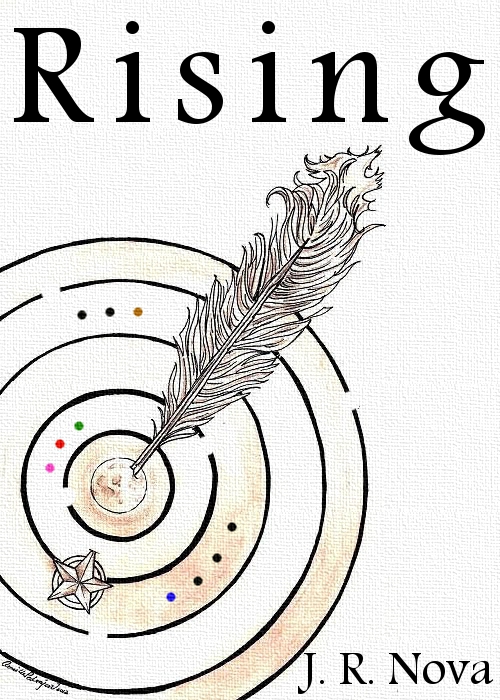There is a debilitating
misconception about forgiveness in Western culture. It's that
forgiveness is about the other person.
Reality is that
forgiveness doesn't have to involve the other person at all, if we choose not to.
When we
forgive someone we are letting go of something within us. We are
acknowledging that though the other person has hurt us, it is not
that initial hurt that hurts the most. It's the baggage we carry
around, weighing our minds down with an unnecessary storm.
When forgiving someone, it
is not necessary that we let them continue hurting us, let them back
into our lives, or tell them they are forgiven. What is necessary is
that we are honest with ourselves and ask ourselves what the real
source of the hurt is.
When someone hurts us we
often do one of two things. We forget about it. We hold onto it.
Forgetting about it, we go
on with our lives, making adjustments if necessary, but moving on in
good emotional health. Adversity doesn't effect us severely, but it can catalyze positive growth.
There is a certain
healthy level of observance when something happens, where we come to
understand what happened and work through the pain. This normal
process is experienced daily, and lasts for a relatively short amount
of time (hours, days, or months depending on how tragic an event was and how deeply we work to grow from it). When we face the death of a loved one this process is often
called the “Five Stages of Grief.” It is the mind sorting out what has
happened to us and learning to cope in a new reality. Similar
processes occur in daily life when instead of being faced with death, we are faced with simple shattered pride or severe physical and emotional abuse.
But holding onto past hurt and refusing to let it go, we suffer from a sort of emotional constipation. Sometimes this process
gets stuck in a cycle, and instead of healing and growing and moving
on, we go back through the stages over and over again, each time reliving the pain and opening our wounds. Instead of the normal forgetfulness that accompanies the passage of time, the constant attention we give to our pain serves only to reinforce it.
Forgiveness is a decision
to stop this recycling of negative energy. Forgiveness is saying
“It's time to move on. I've had enough of hurting myself.”
People can hurt us badly,
but more often than not the one hurting us the most is ourselves,
with our insistence on reliving the past, keeping it alive by giving
it attention. Past hurt can be starved completely by ignoring it and
letting current and future memories replace what had once been there,
as one would overwrite one computer program with another.
Forgiveness is this
process's on button. Press it and suddenly our world begins to shift
in a new, promising direction. We are no longer prisoner's of our own
pain. Instead we gradually exchange the negativity in our mind with a
positive shift in focus. Focus on the moment, on what we have in life, on a hopeful future.
“Forgive and forget.”
For most of us those two
words are capable of bringing more emotional health and well-being
than anything else imaginable, simply because most of what we go
through in life has already happened years ago. The other person
isn't sitting there laughing at us. We're imagining this in a present
moment that is usually calm and serene, if we would face it.
It's time to move on. By
moving on we can enjoy life, with or without the people who have hurt
us, whether the hurt was large or small. By choosing to relive the
painful past, the only thing we manage to accomplish is to
relive the painful past.
If 99% of life is a
positive and calm experience, why keep recalling the 1% that wasn't?
It does not storm every day on planet Earth, but we will never notice the sun if we fear the rain.
Further Reading:
Tao of Anxiety: Series
Further Reading:
Tao of Anxiety: Series










